Description
Classic work of black study provides detailed historico-biographical surveys of black history
In the Sex and Race series, first published in the 1940s, historian Joel Augustus Rogers questioned the concept of race, the origins of racial differentiation, and the root of the “color problem.” Rogers surmised that a large percentage of ethnic differences are the result of sociological factors and in these volumes he gathered what he called “the bran of history”–the uncollected, unexamined history of black people–in the hope that these neglected parts of history would become part of the mainstream body of Western history. Drawing on a vast amount of research, Rogers was attempting to point out the absurdity of racial divisions. Indeed his belief in one race–humanity–precluded the idea of several different ethnic races. The series marshals the data he had collected as evidence to prove his underlying humanistic thesis: that people were one large family without racial boundaries. Self-trained and self-published, Rogers and his work were immensely popular and influential during his day, even cited by Malcolm X. The books are presented here in their original editions.
About the Author
JOEL AUGUSTUS ROGERS (September 6, 1880-March 26, 1966) was a Jamaican-American author, journalist, and historian who contributed to the history of Africa and the African diaspora, especially the history of African Americans in the United States. His research spanned the academic fields of history, sociology and anthropology. He challenged prevailing ideas about race, demonstrated the connections between civilizations, and traced African achievements. He was one of the greatest popularizers of African history in the twentieth century. Rogers addresses issues such as the lack of scientific support for the idea of race, the lack of black history being told from a black person’s perspective, and the fact of intermarriage and unions among peoples throughout history. A respected historian and gifted lecturer, Rogers was a close personal friend of the Harlem-based intellectual and activist Hubert Harrison. In the 1920s, Rogers worked as a journalist on the Pittsburgh Courier and the Chicago Enterprise, and he served as the first black foreign correspondent from the United States.
Reviews
“The published works of Joel Augustus Rogers are known currently to only a handful of scholars. Even those historians and anthropologists who are aware of Rogers’ self-published and popular scholarly works tend only to remember him for the biographical portraits of African and African American leaders and his investigations of the history of sex and race in antiquity and in the modern era. Most contemporary college students have never heard of J.A Rogers nor are they aware of his long journalistic career and pioneering archival research. Rogers committed his life to fighting against racism and he had a major influence on black print culture through his attempts to improve race relations in the United States and challenge white supremacist tracts aimed at disparaging the history and contributions of people of African descent to world civilizations.”–Thabiti Asukile, Black International Journalism, Archival Research and Black Print Culture, The Journal of African American History
“No man living has revealed so many important facts about the Negro as Rogers.”–W.E.B. Dubois

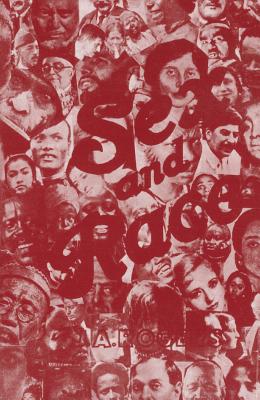
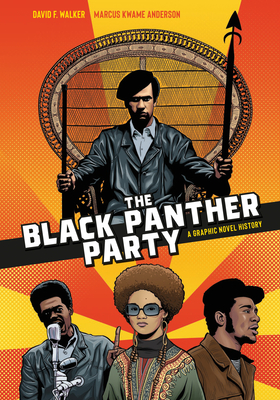
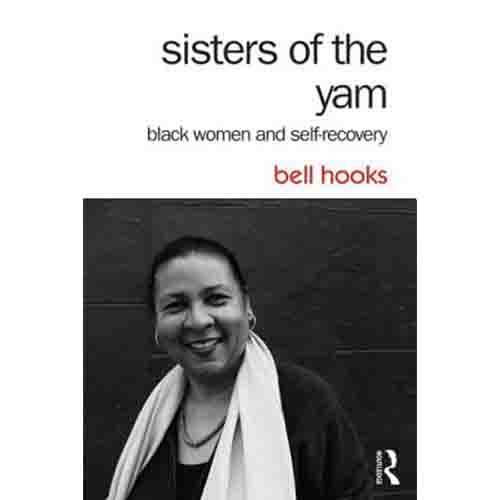
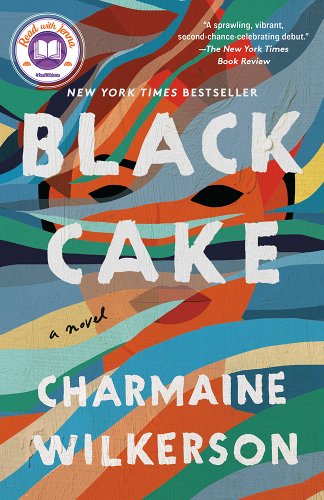
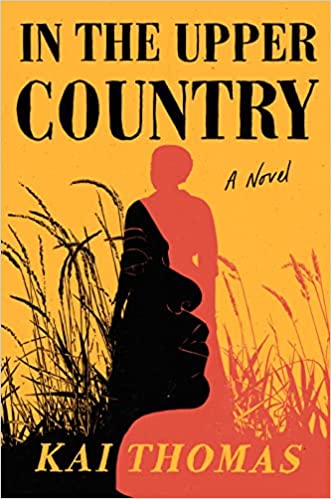
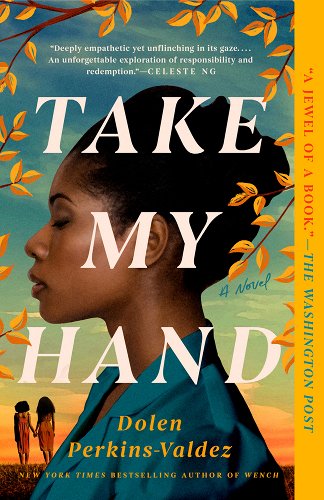
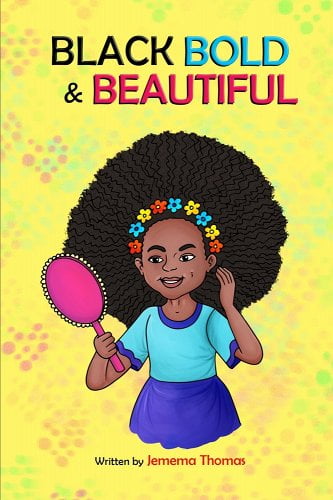
Reviews
There are no reviews yet.